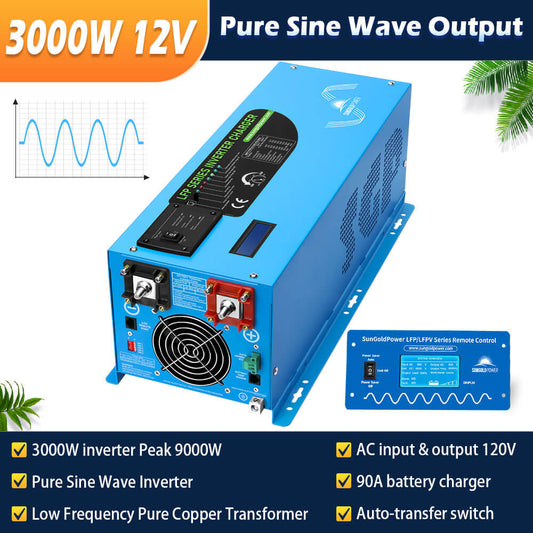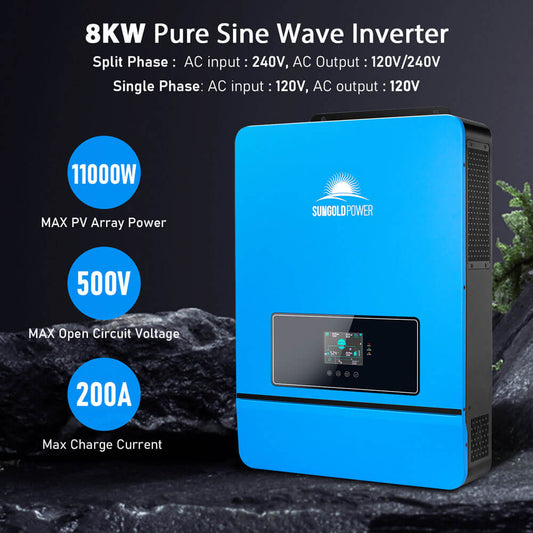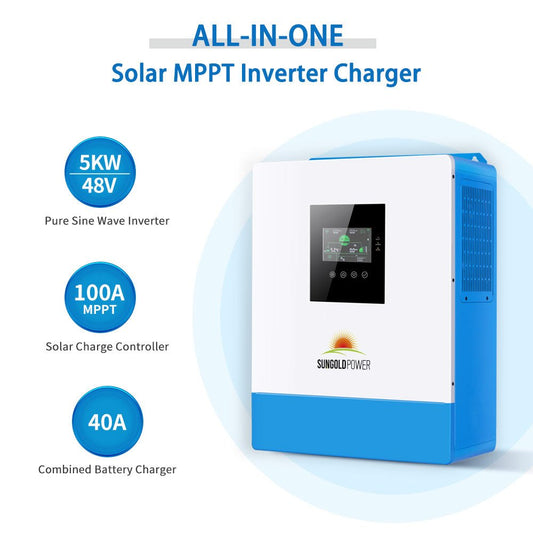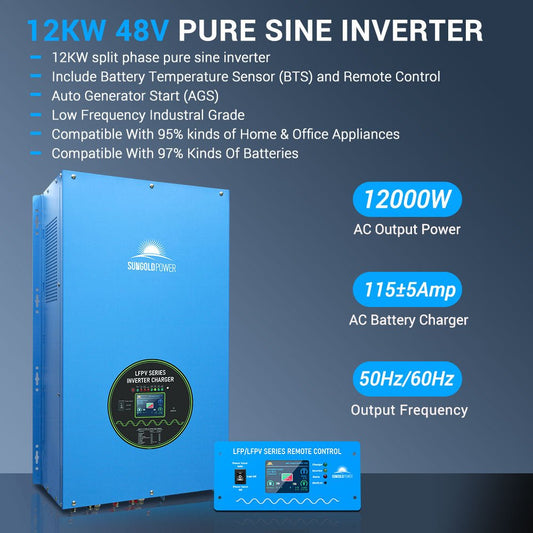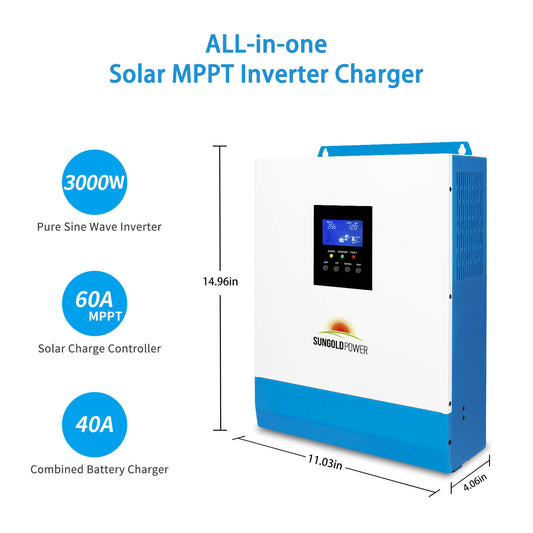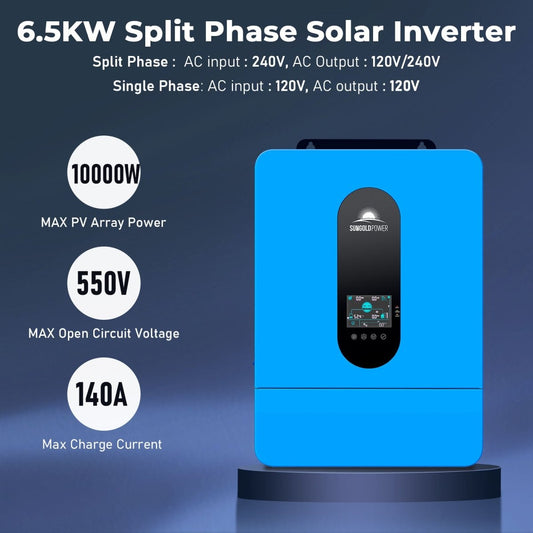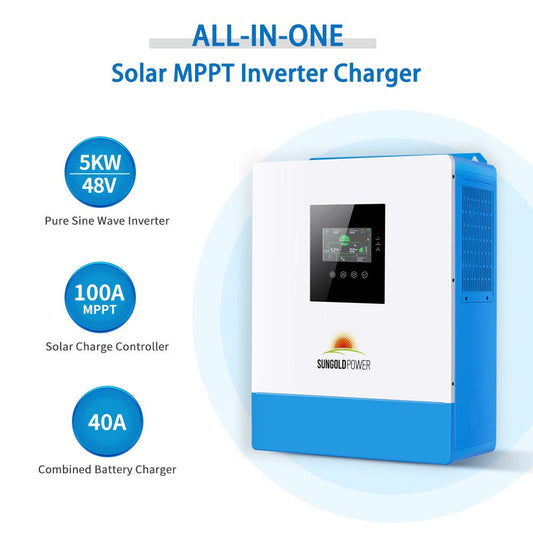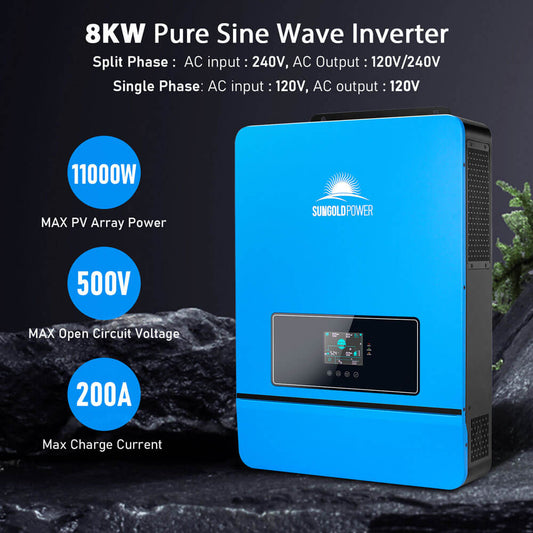Collection: Solar Kit
The Complete Guide to Solar Kits: Everything You Need for Easy Off-Grid Power
What Is a Solar Kit and How Does It Work?
-
Definition of a solar kit and its purpose in generating renewable energy
-
Main components: solar panels, charge controller, inverter, cables, and batteries
-
How solar kits convert sunlight into usable electricity for homes, RVs, or boats
-
Overview of portable vs. complete solar system kits
Benefits of Installing a Solar Kit
-
Easy setup: plug-and-play convenience for beginners and DIY users
-
Energy independence: generate your own power anywhere
-
Cost-effective: reduces reliance on grid electricity and long-term bills
-
Eco-friendly: zero emissions and sustainable operation
Choosing the Right Solar Kit for Your Needs
-
How to calculate your power requirements (wattage and battery capacity)
-
Off-grid kits: ideal for RVs, boats, and remote cabins
-
Grid-tie kits: connect with your utility for energy credit savings
-
Portable kits: great for camping, tailgating, or emergency backup
-
Top brands in 2025: Rich Solar, Renogy, EcoFlow, Bluetti, Jackery
Installation, Maintenance, and Efficiency Tips
-
Step-by-step setup guide for basic solar kits
-
Proper placement and angling of panels for maximum sunlight
-
Maintenance: cleaning panels, checking connections, and monitoring output
-
Safety and warranty tips for long-term system health
Frequently Asked Questions (FAQ)
1. What does a solar kit include?
Most solar kits include panels, a charge controller, wiring, and mounting hardware — some include batteries and an inverter.
2. Can I install a solar kit myself?
Yes. Many DIY kits are designed for easy installation, but larger systems may require a licensed installer for safety and compliance.
3. How much power can a solar kit produce?
It depends on the size — small 200W kits can charge small devices, while 5kW+ kits can power a full off-grid home.
4. What type of battery works best with solar kits?
Lithium-ion batteries are ideal for efficiency and lifespan, but AGM or gel batteries are affordable alternatives.
5. Are solar kits worth it in 2025?
Absolutely. With improved efficiency, lower prices, and federal tax credits still available, solar kits are one of the best investments for energy independence.


